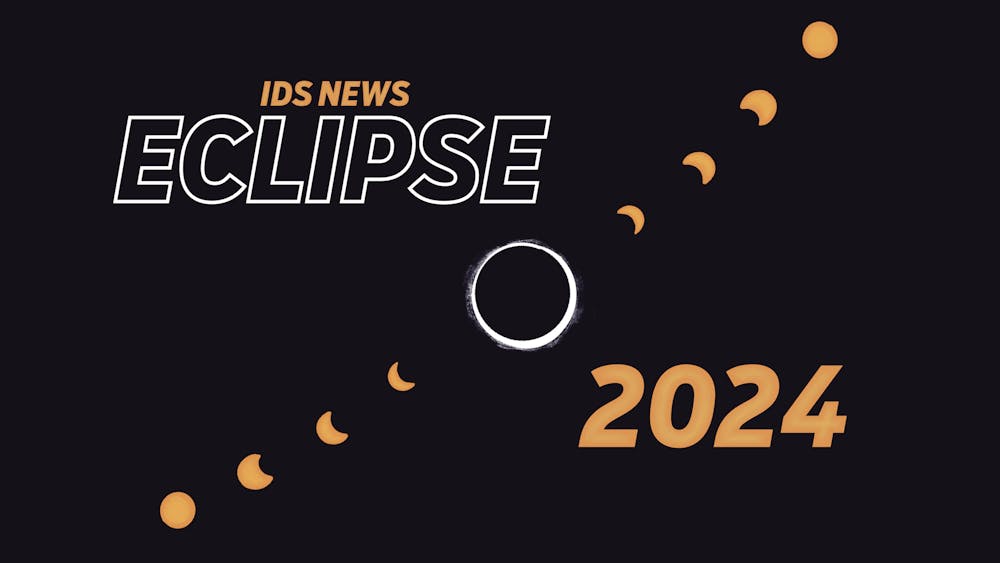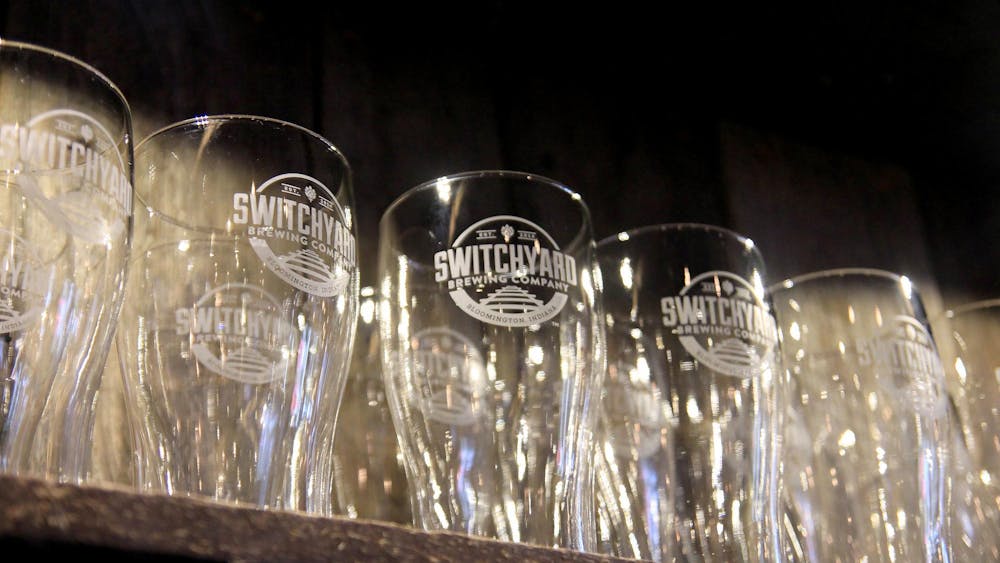Insulting someone based on their sexuality is possibly one of the easiest ways to question a person’s character and debase their sense of self.
Obvious.
Recently, though, I got first-hand experience of what that was like.
A friend of mine told me a few weeks ago she had thought I was a lesbian because she had been told so by some unsavory parties.
Of course I laughed it off and told her it wasn’t true. I’m heterosexual and very comfortable with that.
But the more I thought about it, the more it bothered me.
Not because it was a rumor about me specifically, but because of how easy the insult was.
If you don’t like somebody, just bring into question their sexuality.
And it happens every day.
It was the kind of stuff I remember doing in middle school, when I was an idiot and didn’t have enough knowledge or cultural awareness to know what I was saying.
It made me realize just how deeply set homophobia is.
In Bloomington, I and many others I’ve spoken to about this feel we live in a happy bubble where there’s at least one gay person in your classes and many of your professors and friends advocate gay rights.
It makes you forget about the constant hate crimes, deaths and homophobic violence that take place every day.
Calling someone gay can still be perceived as an insult — a way in which to bring into question a person’s character and moral values.
Since I first found out about it, the question of it has been on the back of my mind for a while.
I know enough about the subject and myself to find being called a lesbian highly uneventful, but I also know that many other people would be upset and hurt — not because they were homophobic but because sexuality is extremely sensitive and extremely easy to insult.
It is a part of what makes us who we are.
When it is called into question, it does not just elicit a few snickers and petty behavior but some real conversations about who and what a person is and stands for.
This is what many homosexual and queer persons are faced with every single day.
Of course I’m an advocate for gay rights, but I don’t think I fully understood what I was standing up for until it happened to me directly.
It means standing up for the moral characters of people, believing that just because a person’s sexuality is different from your own does not make them “bad,” “less” or “morally wrong.”
If I didn’t before, I now realize just how important standing up for another person’s rights is.
I hope that I can and will continue to do so.
ewenning@indiana.edu
@EmmaWenninger
Questioning questioning sexuality
Get stories like this in your inbox
Subscribe





